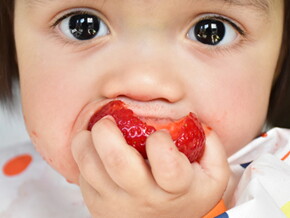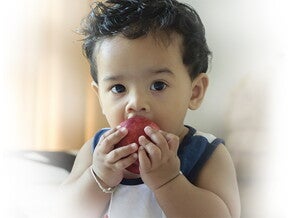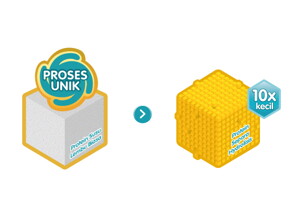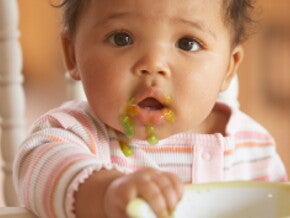
3 Ways to Make Your Child’s Meals Stress-Free
You’ve probably encountered this before. You’ve just made an effort to make the most excitingly delicious meal for your child.
You’ve probably encountered this before. You’ve just made an effort to make the most excitingly delicious meal for your child. You’ve made it bright, colourful, and there’s even less vegetables than yesterday. Yet, your child refuses to touch anything on the table, throwing a tantrum. Situations like these can be stressful for both you and your child, as you both struggle to take control over mealtimes. One of the ways you can prevent food fights at the table is ensuring your child eats happily. Here’s the recipe to make your child’s meals stress-free.
1. Learn when your child is hungry (or not)
There are several cues that you should take note of to tell if your child is hungry. For example, your child may raise his or her hands to the face, clench fists and flex arms and legs. Your child will also have the rooting reflex, an instinctive search for food where your child latches on to a close enough stimuli with the mouth. On the other hand, if your child is feeling full, your child may turn away from the feeding spoon, or spit out familiar and favourite foods. Your child may also be distracted easily. While it is good to set a schedule for your child’s eating times, there may be no helping it if your child is completely full. You cannot force your child to eat. When you learn your child’s cues and recognise the signs of hunger, you and your child will start to have stress-free meals. You can then plan to feed your child before there’s any stress from being really hungry. Or if your child is full, then try again slightly later. As your child grows, slowly adjust the schedule to one you and your child are comfortable with.
2. Remove distractions from mealtimes
Your child may be easily distracted by sights and sounds around the dining table. And one of the most distracting things can be the television. Or in modern homes, gadgets, smartphones and tablets. As even adults can be distracted from eating by these toys of the future, what more a child? Other distractions may include pets, games and toys. Try removing these distractions before mealtimes, and make dinnertime a family affair. If everyone’s eating at the same time, it may be an encouragement to eat. No excuses for you or your partner; mealtimes are mealtimes.
3. Don’t bribe your child to eat
Gentle encouragement is always fine at mealtimes. However, you should not resort to providing sugary snacks to get your child eating. After a while, your child may begin to learn to only do things when given sweets or other snacks as a reward. Changing your child’s diet to match only their favourite foods instead of nutritious baby food is also discouraged. After all, you want your child to grow up healthy with the right nutrition from a balanced diet. You don’t want your child throwing a tantrum when there are vegetables on the menu.
Above all, you should maintain a positive attitude when feeding your child. Your child can be affected by strong emotions and your positivity will go a long way in encouraging your child to eat and making every meal stress-free.
If you’re looking for a nutritious way to supplement your child’s diet of solid food, CERELAC Infant Cereal has added nutrients which help supplement the infant's daily nutritional requirements. What’s more, CERELAC Infant Cereals come in a selection of variants that your child will enjoy. From the deliciously Rice to Mixed Fruits variants, you can serve your child a meal that is deliciously nutritious and stress-free.
As always, if you are unsure about your child’s diet, or if your child has strange eating habits, it’s best to consult your paediatrician for some advice.


























